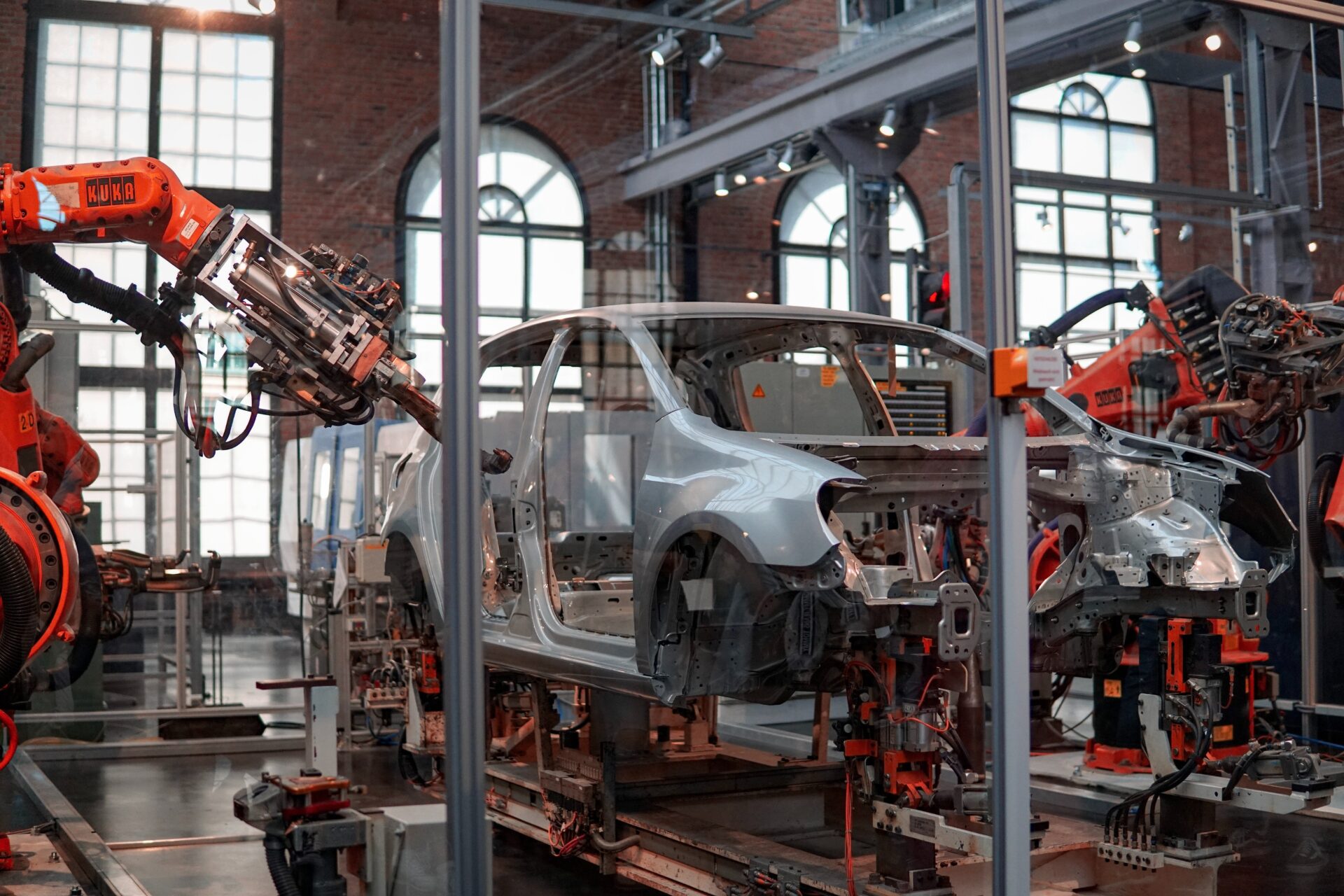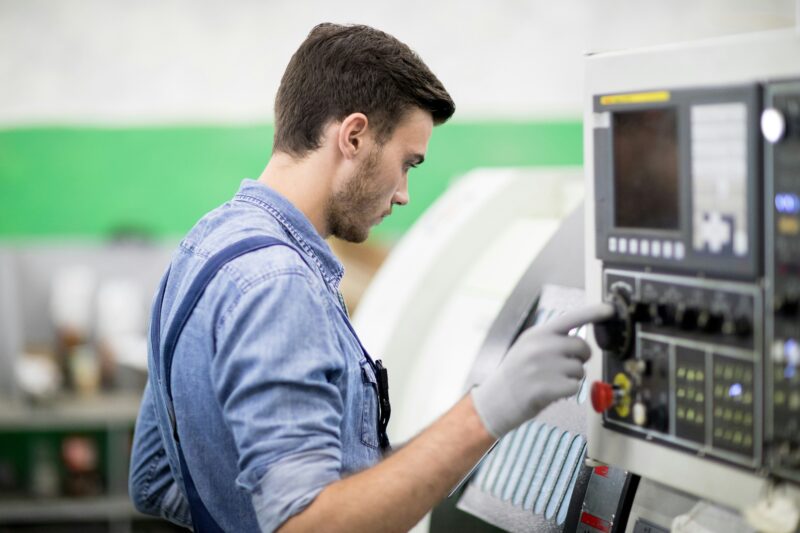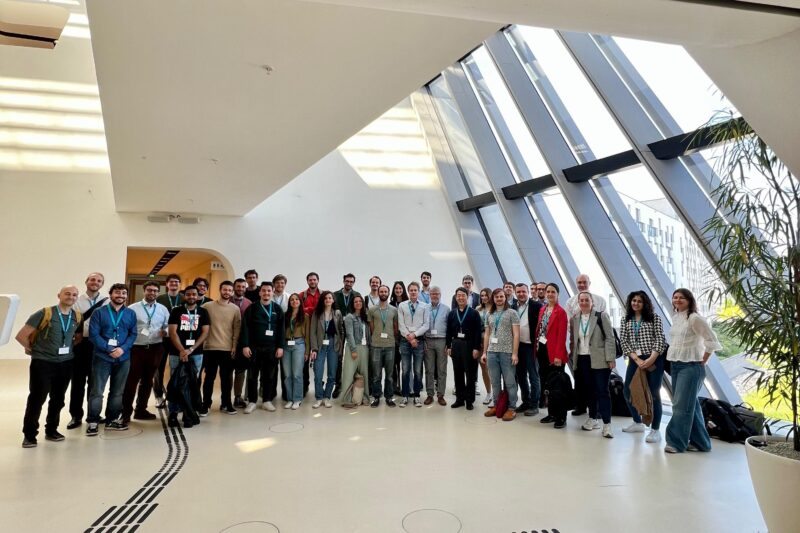
Robots at Work?
Karim Bekhtiar (IHS) spoke about the economic effects of modern industrial robots at a WIFO Research Seminar on 19 October 2021. The presentation was based on a joint paper with Benjamin Bittschi and Richard Sellner and showed clear differences to previous findings, based on the paper "Robots at Work" by Georg Graetz and Guy Michaels. In this paper, robots are shown to increase labour productivity and total factor productivity, lower output prices, and have a negative impact on the employment share of low-skilled workers.
In contrast, Bekhtiar noted that the selection of the analysis sample has significant implications for these results and that the previous results hold only if the analysis sample includes non-robotising industries. However, if these industries are excluded and only the actual robotizing sectors are analysed, this leads to a substantial decrease in productivity effects, with a halving of the effect size for labour productivity, and to insignificant price effects.
The clearest consequences of sample selection arise for labour market outcomes, where previously significant negative employment effects become insignificant and positive wage effects turn into the opposite. Moreover, it became clear that controlling for demographic characteristics of the labour force is essential for achieving significant labour productivity effects and is decisive for the negative effects of robots on wages. It is also shown that the restriction to actual robotising sectors does not support the hypothesis of skill-based technological change, but rather points to a polarisation of the labour market.
The presentation documents are available here.
Please contact
























